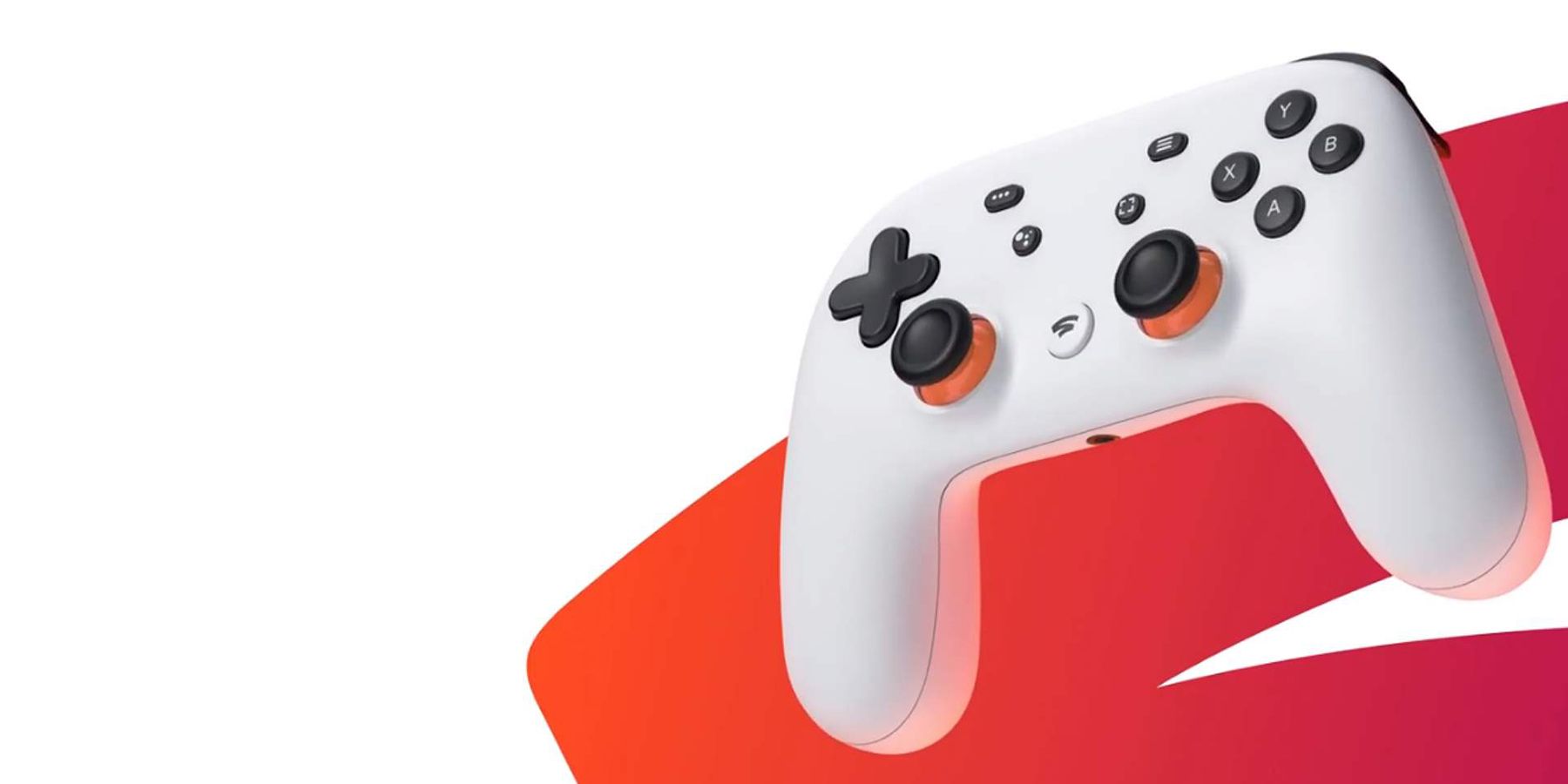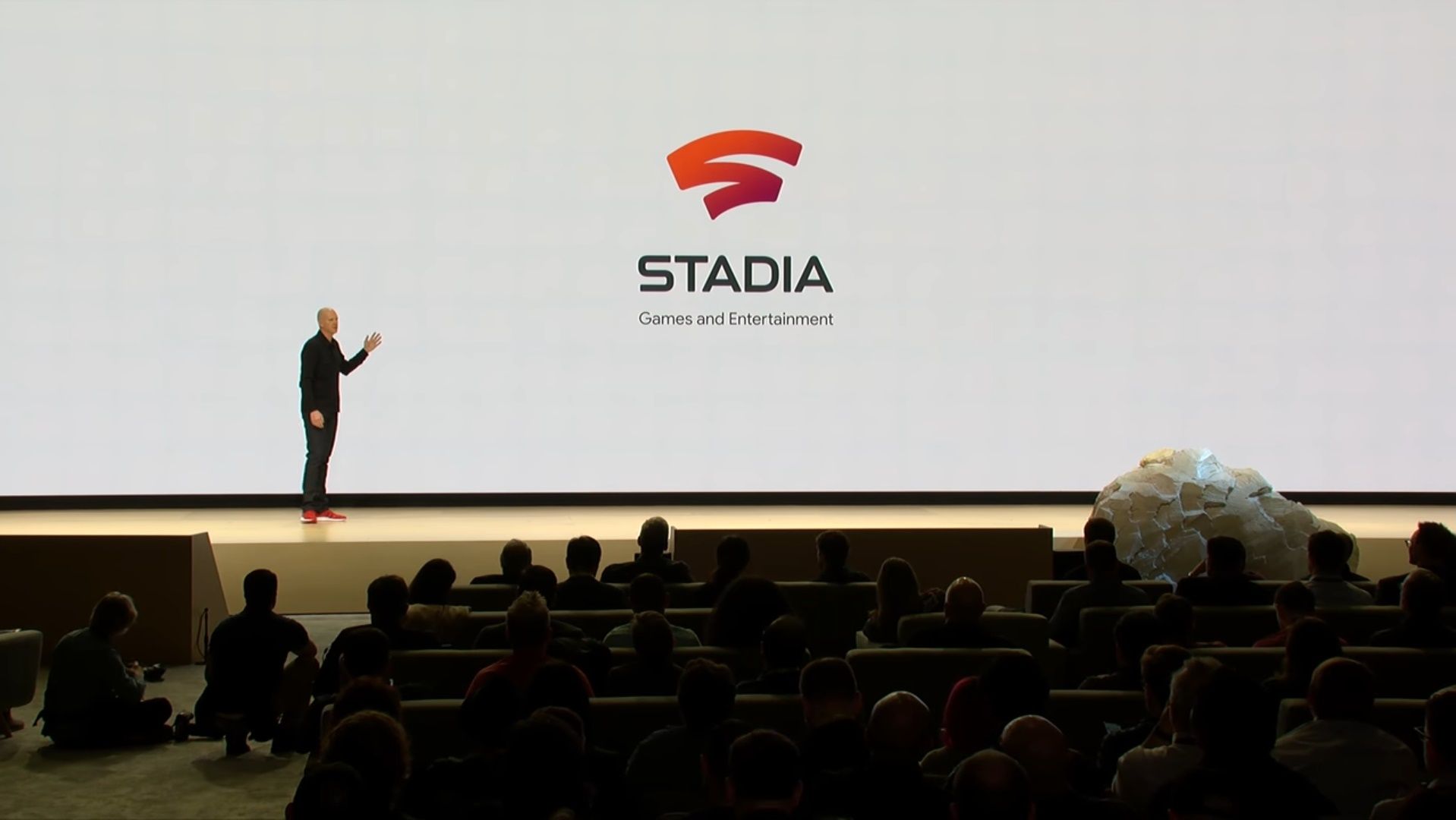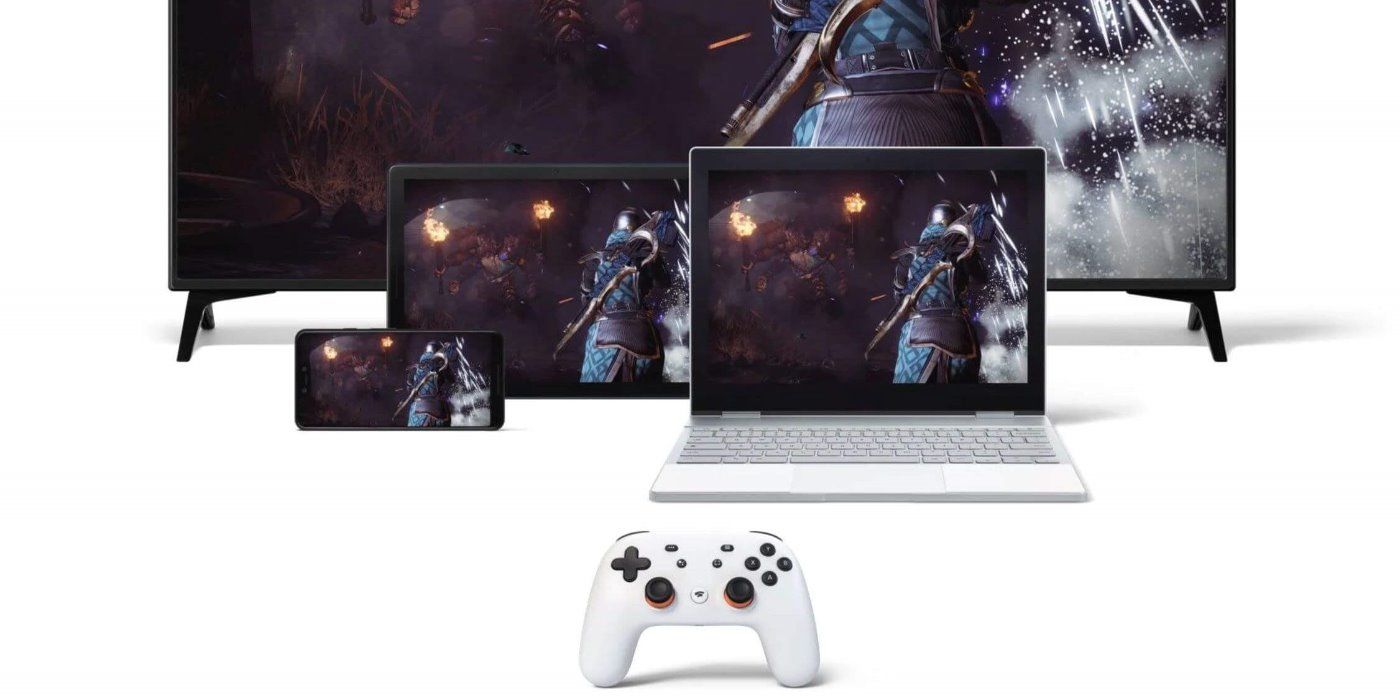As support has wavered from first and third-party sources, Google's game streaming service is making some pretty significant changes. Google Stadia was primed to be the first big jump into gaming primarily through streaming over the internet, of which many were cautiously optimistic with a company like Google behind it. However, that same corporation has had a penchant for pulling the plug on projects that lack the perceived support necessary to keep them going, such as Google+ or Google Play Music. Stadia hasn't been axed in any official capacity, but a new report by Business Insider indicates that Google is instead taking less consumer-focused approach to game streaming.
Business Insider's report indicates Stadia's streaming technology is being pitched and licensed to gaming publishers and companies as "Google Stream," utilizing the same technology powering Stadia's library. Considering other games have implemented their own proprietary streaming versions (like Hitman 3 or Control on Nintendo Switch), it makes sense Google would attempt to sell its technology to any publisher interested in a streaming version of its game outside of any publishing fees associated with the Stadia storefront. It's an interesting but pragmatic pivot for Google with Stadia, which hasn't taken off quite like its initial promise of the game streaming future.
Google Stadia's Brief and Unfortunate History
In the past, if games were going to utilize Google's game streaming infrastructure, that generally meant games were releasing on the Google Stadia storefront as standalone titles. That still remains true today, though the publisher support for the Stadia platform has not been kind in the years since the service's launch. In February of last year, Google announced the closure of its first-party development studio for Stadia. VP of Stadia Games Jade Raymond was departing to pursue her own opportunity, which became Haven Studios; reportedly developing an online live service title for Sony. Any games added to the Stadia storefront would strictly rely on thid-party games.
Some publishers like Ubisoft have consistently supported multiplatform launches on Stadia, but that's the exception to the rule. Many of the biggest publishers in the gaming industry have opted to forgo Stadia releases, and the platform's success has declined as a result. To mediate this, Google seems to be opting for "white-label deals" with publishers instead of seeking to support the Stadia library. Google is opting for pitching Stadia's streaming technology, apparently rebranded as "Google Stream," to various companies in and beyond the gaming industry. According to the same report, Peloton's Lanebreak game release was apparently powered by Google Stream.
Why Google's Restructured Streaming Plans Make Sense
In the wake of Stadia's failure, this pivot to a more subtle support role in the gaming industry could be much more successful in the long term for Google. Since Stadia's game library has struggled with finding greater third-party support, offering the game streaming technology as a direct service to publishers and developers could circumvent Stadia's issues entirely. Publishing fees with Google's storefront, among any other development expenditures necessary to get games on Stadia, were likely prohibitive for many game studios. However, taking a supportive approach by skipping the middle man and assisting directly with the delivery of streaming games could be beneficial.
This means publishers aren't forced to put games on Stadia to get game streaming functioning, and Google still gets its own share with its services. Publishers will have greater access to streaming technology for games without being roped into a not-so-popular platform that's ultimately going to cost more for a multiplatform release. Obviously this presents its own problems for Stadia as a platform, and its current legitimacy, but ultimately this can only assist publishing efforts and accessibility for games. However, it'll be interesting to see if more and more publishers start to support Google's new efforts, despite the company's association with Stadia.
It's somewhat unfortunate news for the Stadia community, regardless of its size of dedicated fans, just because of the message this sends to Stadia's earliest adopters. Many played through all of Stadia's complaints of missing features at launch, latency concerns, as well as other issues with the Google Stadia service. Stadia players seeing this news likely understood that Google is more keen to serve on the publisher side more than supporting Stadia's storefront as it exists today. At the same time, that Same Business Insider report indicated that 20% of the streaming developers were focused on the Stadia platform, so there is still some hope.
Source: Business Insider



